It’s not easy being a conservationist. Caring for the planet and acknowledging its reality means seeing faults in every aspect of our society. For me, that means living with an overwhelming sense of hopelessness.
I’ve had friends call this ‘conservation depression’ or ‘eco anxiety’. When you become saddended by all the environmental issues we have. You realise we, each and every one of us, are to blame for the environmental disaster.
And suddenly it seems so helpless because all you see around you are cars and shops and people eating beef and booking holidays – without much care for their impact. But know that all these actions are destroying our natural spaces and wildlife. Chipping away at it, one bad decision at a time.
But there is hope!
Because we can change and people are talking about it and there are huge positive movements. Only when I start to feel like it might not be too late (if you didn’t already know, most experts are predicting a catastrophic collapse in 12-20 years) I think PLASTIC and suddenly that hopelessness starts creeping back again.
Let’s talk about plastic
Because of human activity, 8 million tonnes of plastic are dumped into the ocean each year. Most plastic lasts forever so once it exists it will stay floating in our ocean, entangling and harming wildlife.
Plastic is a big problem and a very visible one. A walk along a beach will usually highlight the extent of this problem.
Over the last few of years, I’ve started to become more active in the conservation scene – attending events, going to screenings and becoming involved with charities. From what I’ve seen, the subject that is dominating most of the awarness and efforts is…..plastic pollution.
This might be why we’ve seen such big movements from large chains removing plastic straws, the rise of reusable cups and the government committing to making big plastic-free changes.
Which is great…..except I can’t help feeling that we are just ignoring the real issues at hand.
It’s just a bit safe
I think plastic is a safe topic to discuss. While I realise it might be the gateway to engaging people in wider issues (we’ll call it the weed of the eco world), it just scrapes the surface of our environmental issues.
It’s sad that there is so much plastic in the sea harming our wildlife. But soon there won’t be any marine animals left to harm because of over-fishing and acidification and because all our corals are dying because of sea temperatures rising.
But we don’t want to talk about these things because the solutions are more uncomfortable than asking someone not to use a straw. They involve having fewer children, getting rid of cars, flying less, eating plant based and not buying so many things!! The reality is the lifestyle of the privileged (and by that I mean most people living in the west – probably most people reading this) are the ones destroying the planet.
Everything about our consumerist life of convenience is a disaster for Planet Earth.
I get that the charities and campaigners want to find a middle ground and not offend people. But time is running out and I just think the jet set, flash car driving meat lovers just need to get over it.
Do you know what you do that has the biggest negative impact on the environment?
Plastic has become a damaging solution
Like recycling.
We think we are doing a good thing by recycling our rubbish. But the recycling process is really bad environmentally. Recycling isn’t a solution. Not using so much packaging in the first place is the solution. All recycling has done is giving us a get out of jail card free for our waste rather than addressing the real issue at hand.
I feel the same about the promotion of sustainable fishing. With 7 billion+ people on the planet and an industrial level fishing industry which has horrific by-catch (it is believed 40% of marine life caught is thrown back in the sea – usually dead – as it’s not the species the fisherman are targeting) we need to stop giving people a ‘slightly better’ solution and to focus on the very real solution. That’s the one that has the most profound immediate change – JUST STOP EATING FISH! And I don’t mean people living on the coast in developing countries who rely on this food source but Westerners who enjoy a fish dish just because it tastes nice and they think they are entitled to have it.
And now we’ve created a ‘feel good’ solution. So Joe Bloggs can now do his 1-hour commute in his car daily, come back to his house with its spare empty bedrooms, eat his third meat meal of the day, plan his weekend getaway Europe city break but feel good about himself because he remembered to take a reusable bottle to work. Or said no to a straw in the pub.
Ultimately it’s a small fry solution that is getting way too much attention!
We’ve got to start having those uncomfortable conversations
I don’t want to be that annoying vegan who has ‘those’ conversations at the dinner table or the killjoy at Christmas who tells everyone I’m not buying or receiving gifts. But I have to be. Because I’ve read and seen the environmental damage in our world and I refuse to ignore it. I refuse to turn a blind eye. And while I’m far from perfect in my lifestyle choices at least I’m talking about it and acknowledging it which is more than I can say for a lot of the conservation world right now. At least I’m trying to make the changes in areas that are really having the biggest impact.
So I will no longer give time to talking about plastic to privileged people. Because these are the people who need to accept that if they want to make a difference and to save thousands (more) animals from extinction, to stop the deforestation of our natural spaces and the collapse of our ecosystems then a metal straw just ain’t going to cut it.
There’s no get out of jail free card for us and we owe it to the rest of the world to realise this!
Do you feel the same way? I’d love to know your thoughts on this topic and if you too think we are giving too much attention to plastic. Or maybe it really is the way to engage others in bigger conversations? Let me know in the comments box below, or drop me a message.
If you found this blog helpful, follow me on Facebook, Twitter and Instagram. Or you can subscribe to my YouTube channel. I give all my advice out for free on my website. If you want to say thanks, you can buy me a coffee!
*Any women reading this?* I founded a women’s adventure community called Love Her WIld . Check out our private Facebook page and see what adventures we have coming up.

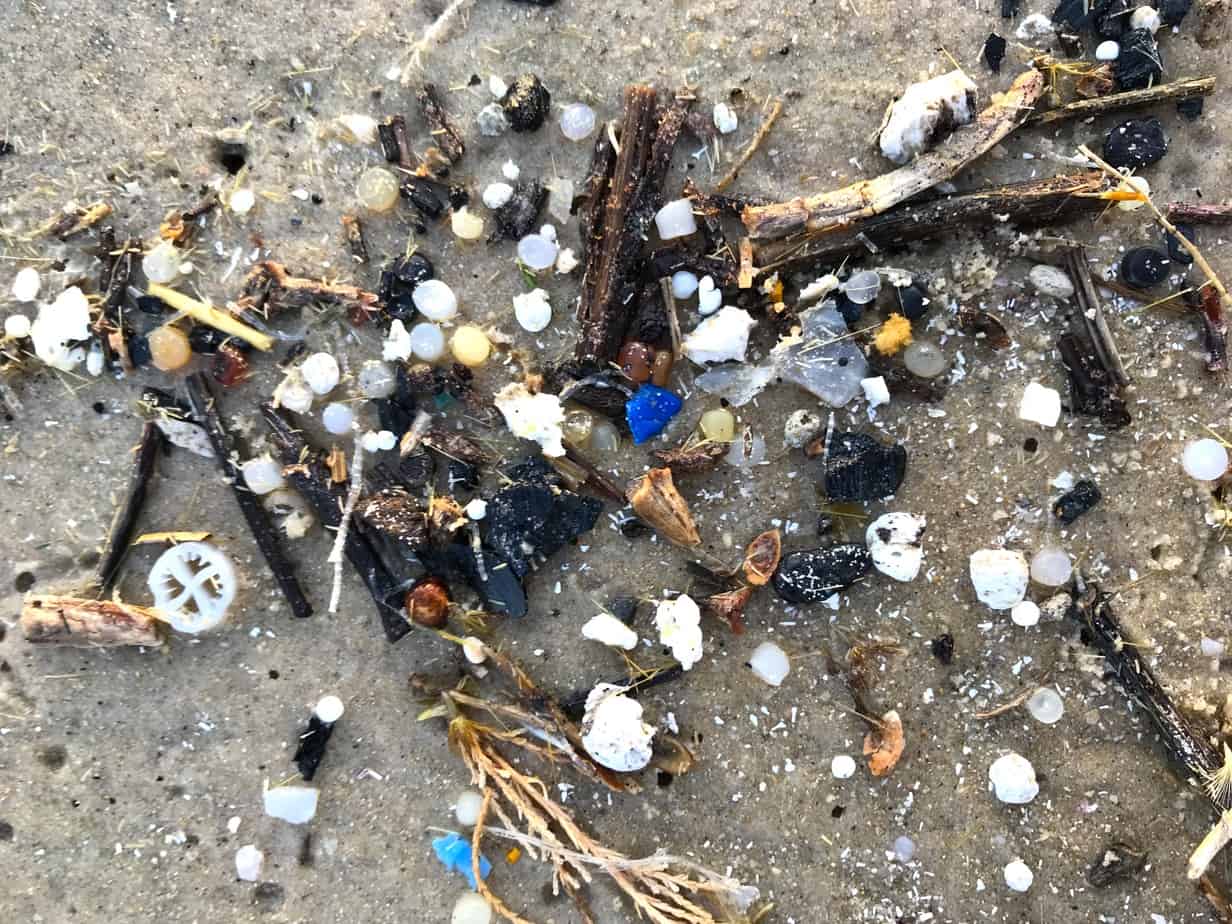
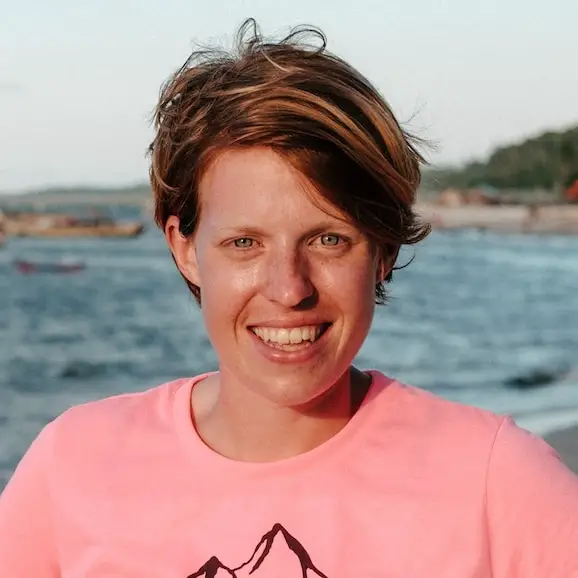
![GUIDE to Freediving in Dahab // Best schools and spots [2024]](https://www.theordinaryadventurer.com/wp-content/uploads/2024/01/raimond-klavins-zfeY8HkSAOE-unsplash-400x250.jpg)
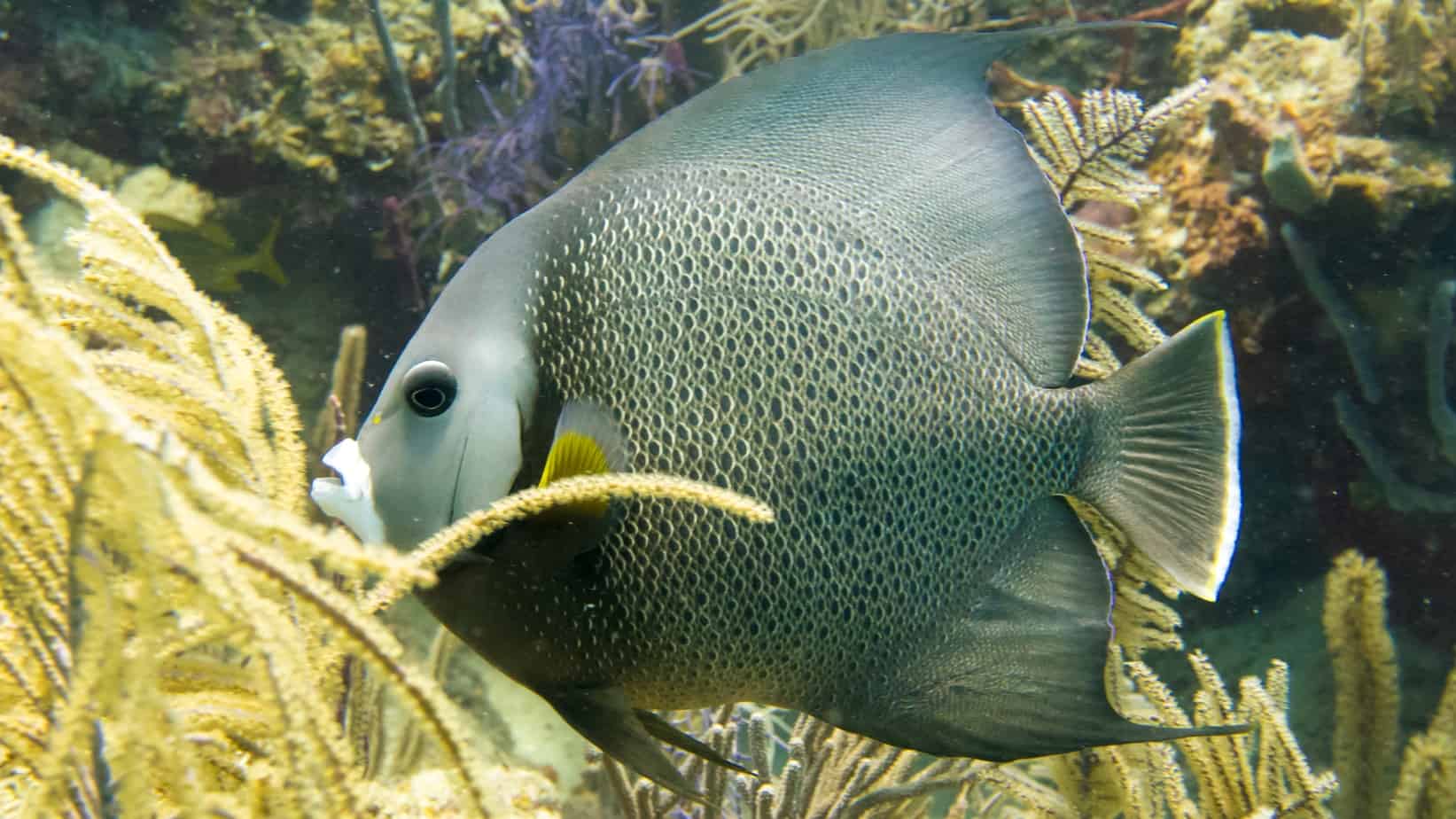
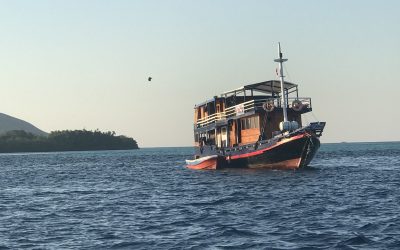
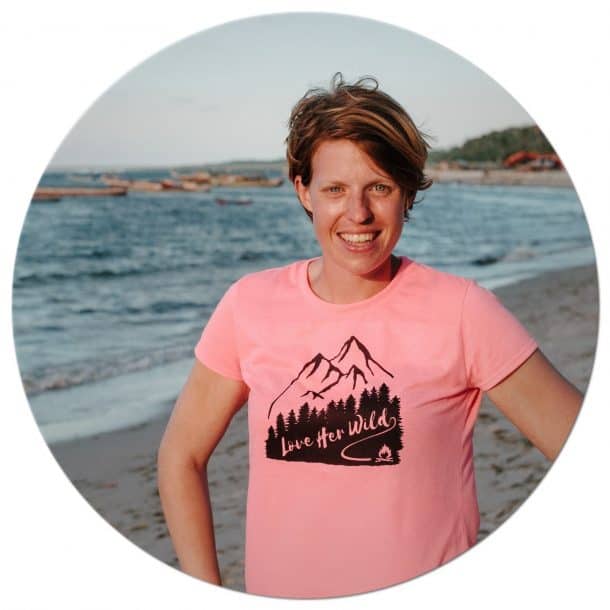
This 100%. The charity I work for is working on improving our environmental footprint and I hear so many people talk about having switched to reusable bottles, bags and cups. It’s good news and I’m glad we have, but what about the thousands of gallons of diesel powering generators for our hospitals and clinics around the world? What about the number of flights we take and transport equipment and medicines with. These things are all vital in humanitarian work and we have to get things done efficiently but we really need to be more innovative at cutting carbon emissions. We work in some super hot areas, so why are we using generators and not solar power? In every context, however great the need, there are ways of improving if you have the will. It’s so much more than a metal straw.
I agree with you to the max mate, and you have nailed the problem of this whole anti plastic movement that is barely scratching the surface of the larger issues of ocean acidification and warming, and I say all this as a SCUBA professional of 5 years. That being said though, this approach you’re suggesting was actually my original attitude when I first became an “activist”, and it really didn’t work. Having those uncomfortable conversations? How it is perceived by the people who have no stake in our fight, the ones we need to get the message to the most, is that you’re just being a pushy self superior arse hole, and anyone’s automatic response to that is to turn a deaf ear. Whether you like it or not, this has to be a step by step process, if we have the time or not is immaterial, and I know that sounds ridiculous, but humanity must first walk, and all that jazz.
Unless you or i can come up with something better than, this is what we’ve got.
This is an interesting viewpoint and something I think lots about! When you are so passionate about a topic it’s really hard to find a balance that is to the point and truthful without turning people off!
I agree with you totally also. This movement on anyi-poastic is becoming a lucrative revenue stream for brands to capitalise on the wealthy middle class wanting to do something good. I fear it’s not as pretty picture as it seems, partly aided by Blue Planet-esque media.
Thanks for your page today. Like so many people – I am aware, I am concerned, but to be honest doing very little while living a privileged western life style. It seems to me that one issue we all need to campaign on is to tax aviation fuel. It is a scandal that aviation fuel is untaxed, because of competition between nations. This results in cheap flights for individuals which are hugely expensive for the environment. By taxing aviation fuel we can reduce the number of flights and the damage to the environment. it is a first step in challenging the value system and economic model in which we all live.
Hello Bex! I work in ocean conservation and I’m not sure I agree entirely (althoug i may be biased!) I see the effects of plastic on the ocean first hand and it is devastating. Plastic is an issue that has so many solutions that can be put into place by tiny actions like the one you mentioned in your article- phasing out bags, straws etc. This is actually a thing that all citizens can easily do, and perhaps once they make these small changes, might they not feel more empowered to start tackling other issues like energy consumption? Corporations are now starting to respond to this as well and banning plastic products. The EU is banning single use plastic. Its an example of how we can enact ch age as citizens! Plastic pollution is also linked to climate change as plastic is made of fossil fuels and releases carbon when burnt or degrading. I believe the two issues are incredibly linked- more than we think. The antiplastic movement champions a circular economy and reduction in consumption and production of useless objects, refusing packaging and buying local products not shipped from across the planet. Basically, less plastic will also reduce the effects of unnecessary mass production and emissions. So maybe it’s a question of joining forces! ?
Thanks for your comment! I didn’t think of the anti-plastic movement as supporting a circular economy although this is certainly true. It’s a great way to promote a lifestyle that reduces consumption. I do see huge changes being made with plastic pollution which to me feels like the time to start addressing other issues before we run out of time on those too though.
All for joining forces!! 🙂
Well said. However, I don’t think that it is enough to ask people to live less western lifestyles either. I think that that needs to be real change from the top down – a ban on fossil fuels, grants to sustainable energy providers, more rewilding of areas to promote natural carbon capture etc. Essentially there are real and positive changes that can be made to the planet if our leaders were willing to stop rewarding capitalism and to start promoting a fairer and better society for everyone.
Thanks for commenting. So true! Top level changes can have a huge positive impact….we just need to keep pressuring for those changes to happen.
Great article and sentiment and it’s a message I’m beginning to hear from different quarters. I’d be particularly interested in finding out more about experts predicting catastrophic collapse in 20 years if you can point me in the right direction of information on that I’d be grateful. Unfortunately that’s a gut feeling I’ve had for a while and I’d like to see what experts are saying.
OMG yes! Every conservation group and his dog shifted to plastics. I get it. It’s visible, tangible and people feel like there are easy solutions. But too many resources have moved to this now – resources that are needed to keep doing the fisheries stuff and the climate stuff – the messy complicated, unsexy urgent stuff.
I really hope we’ll start to see a shift although I still see so many events, talks and charities pushing plastic issues while ignoring everything else!